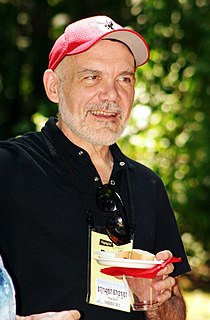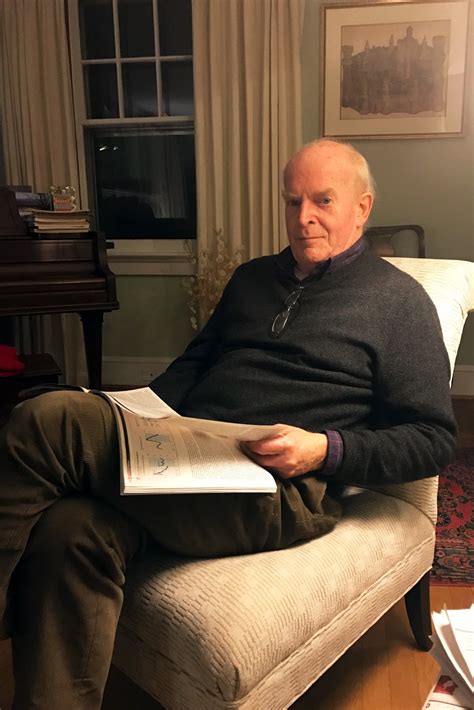A Quote by Tim Harford
Cory Doctorow should be too busy for lunch. He's co-editor of, and a prolific contributor to, one of the most influential blogs in the world, Boing Boing. Over the past decade the Canadian-born writer has published 16 books, mostly science fiction novels. He campaigns vigorously on the politics of the digital age.
Related Quotes
I follow blogs, particularly all the main political ones - Guido Fawkes, Iain Dale, Coffee House, Paul Waugh, Iain Martin in the Wall Street Journal, and so on. And some American ones, like the Huffington Post, Gawker, Boing Boing; or Eater and Daily Candy, also American, which are about where to go to eat.
I think it's important to humanize history; fiction can help us remember. A lot of books I've read in the past have been so much more important than textbooks - there is an emotional connection with one particular person. I'm very much of a research-is-important type of fiction writer, even for contemporary fiction. I wrote about blogs in America and I've never blogged. But I read many, many blogs - usually about feminist things, or about race, or about hair.
I had published a co-edited book with Oxford a decade ago, my first book actually. Years later I found myself having lunch with Lori Stone, who was an editor at Oxford at that time. We connected at a conference and over the course of lunch she told me about a wonderful new series she had just developed called Understanding Research.
People over the age of thirty were born before the digital revolution really started. We've learned to use digital technology-laptops, cameras, personal digital assistants, the Internet-as adults, and it has been something like learning a foreign language. Most of us are okay, and some are even expert. We do e-mails and PowerPoint, surf the Internet, and feel we're at the cutting edge. But compared to most people under thirty and certainly under twenty, we are fumbling amateurs. People of that age were born after the digital revolution began. They learned to speak digital as a mother tongue.
I often use detective elements in my books. I love detective novels. But I also think science fiction and detective stories are very close and friendly genres, which shows in the books by Isaac Asimov, John Brunner, and Glen Cook. However, whilst even a tiny drop of science fiction may harm a detective story, a little detective element benefits science fiction. Such a strange puzzle.





































